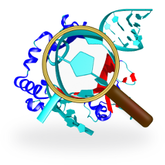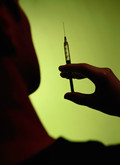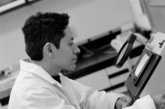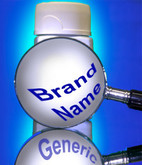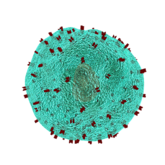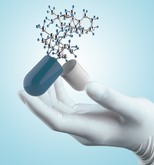Biosimilars/Research
A global overview of manufacturers of follow-on biologicals
Recently, the World Health Organization (WHO) has pointed out that the absence of appropriate regulatory frameworks for biosimilars may have led to the approval of follow-on biologicals that cannot be considered biosimilars according to current WHO biosimilar guidelines, which were coined ‘non-innovator biologicals’ by WHO. In order to investigate the existence of ‘non-innovator biologicals’ in global markets, more understanding of the structure of the market and the manufacturers that are active in this field is needed.
DARS: advancing biosimilar development in the US
This article reviews the recent engagement of the Division of Applied Regulatory Science (DARS) in several current initiatives on utilizing pharmacodynamic (PD) biomarkers to demonstrate biosimilarity, potentially streamlining or negate the need for comparative clinical studies.
Pegfilgrastim biosimilars in US supportive oncology
Humphreys et al. published a narrative review article concerning the administration options and the economic considerations of biosimilar pegfilgrastim in supportive cancer treatment in the US to maximize patient benefit[1].
Survey results of biosimilars use among Spanish physicians and pharmacists
Marín-Jiménez I et al. published in April 2021 a report based on a survey that was launched in Spain between June and November 2020 among hospital pharmacists and specialty physicians (dermatology, rheumatology, gastroenterology) to analyse knowledge, perceptions, attitude, barriers and facilitators of biosimilars uptake. Response rate was close to 100%.
US vs Germany and Switzerland: US biosimilars market lags with higher prices
In Germany and Switzerland, more biosimilars were marketed and at lower prices than in the US between 2011 and 2020, finds a JAMA Network Open article [1].
Drug survival of adalimumab biosimilars in psoriasis treatment in Spain
A review by López-Ferrer A et al. entitled ‘Drug survival of adalimumab biosimilars in real-world treatment of psoriasis: A Spanish multicenter study’ provided perspective of the factors associated with biosimilar adalimumab survival in Spain [1].
Investigating cell, tissue and gene therapy products and their regulation
Cell, tissue and gene therapy products or (CTGTPs) are often breakthrough therapies with immense potential in treating diseases with no cure or rare diseases with high treatment burdens. However, few of such therapies have been approved and some have been recalled due to safety issues. Now, a study published in GaBI Journal [1] has investigated these therapies and the manufacturing and regulatory challenges they pose.
AVT02 biosimilarity with Humira proved in chronic plaque psoriasis treatment
Results of clinical patient trials of Alvotech’s high concentration formulation biosimilar of adalimumab, AVT02, demonstrate comparable efficacy, safety and immunogenicity to the reference product Humira, according to a study published in Biodrugs [1].
Investigating biosimilar product drift and divergence
Following the establishment of biosimilarity, there are no regulations that require manufacturers to perform quality or clinical studies to compare biosimilar versus originator products post-approval. In an investigation published in GaBI Journal [1], Dr Pablo Matar examined the concept of biosimilar manufacturing ‘drift’ and product divergence [2].
Biosimilars, are they comparable to their reference counterparts?
Biologicals such as rituximab and trastuzumab have improved treatment outcomes for many cancers. However, due to their high economic burden, ‘highly similar’ products known as biosimilars have been developed and used. Yet, there is still concern surrounding comparability of efficacy and safety between the biosimilar and its reference biological, especially regarding patients switching from the reference to the biosimilar.

